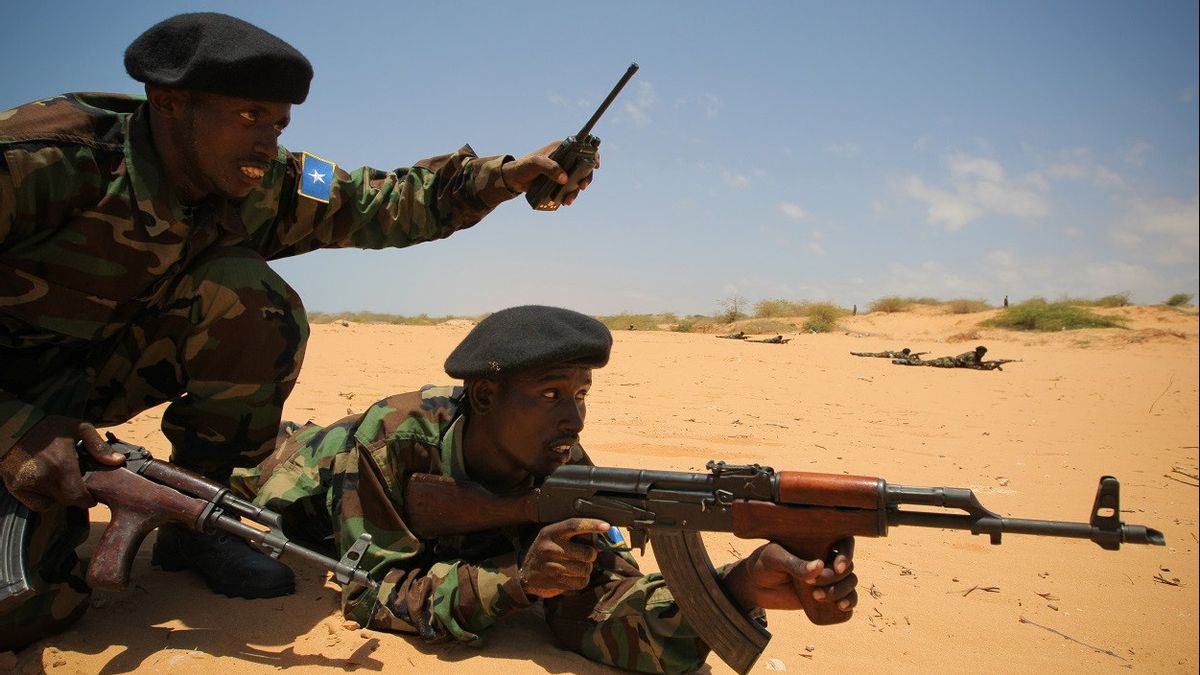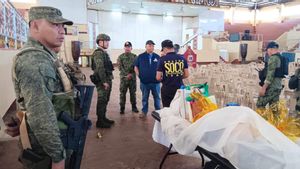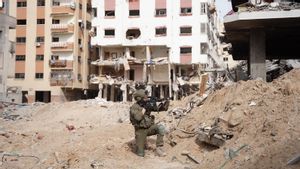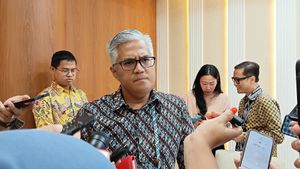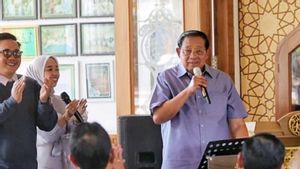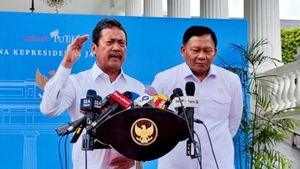JAKARTA - The UN Security Council decided to lift the arms embargo on Somalia after 32 years, to allow the Western-backed government to modernize its military to fight the Al Shabab group.
The UNSC decision last Friday was welcomed by the Somali government's main allies, Britain and the US. However, it also raises concerns for critics who fear an influx of modern weaponry into a region already rife with conflict and banned weapons.
Somali President Hassan Sheikh Mohamud said lifting the embargo would allow the government to import advanced weaponry that is urgently needed to defend the country and defeat terrorists.
"Today, I want to convey to the Somali people, the arms embargo on our country has been lifted. Starting today, depending on our capabilities, we are free to buy whatever weapons we want from the world," said President Mohamud, as reported by The National News, November 4.
The Al Shabab group is known to be affiliated with the Al Qaeda terrorist group. Al Shabab forces often raid remote Somali military bases, then flee with weapons and other equipment.
Meanwhile, mixed reactions came from the general public and government officials throughout Somalia. Many people welcomed the decision, but there were also those who argued that Somalia was not ready to manage more weapons.
Sahal Bare, a resident of the port city of Kismayo, said he doubted the government's ability to control weapons.
"I worry that now that the arms embargo has been lifted, heavy weapons may fall into the wrong hands of tribal militias and Al-Shabab. The government must keep records and tighten arms control," he said.
Meanwhile, MP Mohamed Harun warned of the potential dangers of the repeal.
"I'm worried, yes we will defeat Al Shabab but what will happen to the weapons afterwards, how can we be safe from these weapons," he said.
SEE ALSO:
He said the decision to lift the arms embargo was recognition of his government's commitment to respect international law, adopting policies to control the use and trade of arms.
It is known that the embargo on Somalia was first imposed in 1992, to cut off the flow of arms to the warring group, which had ousted Mohamed Siad Barre and plunged the Horn of Africa country into civil war.
In 2006, Al Shabab wanted to establish its own government, carrying out attacks in neighboring Kenya, including a 2013 attack on the Westgate shopping center that killed 68 people.
The English, Chinese, Japanese, Arabic, and French versions are automatically generated by the AI. So there may still be inaccuracies in translating, please always see Indonesian as our main language. (system supported by DigitalSiber.id)
